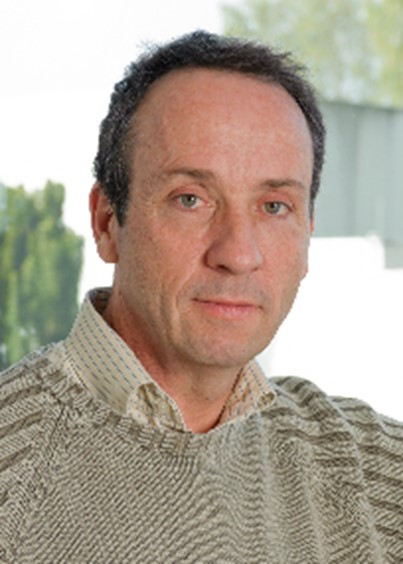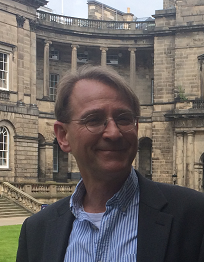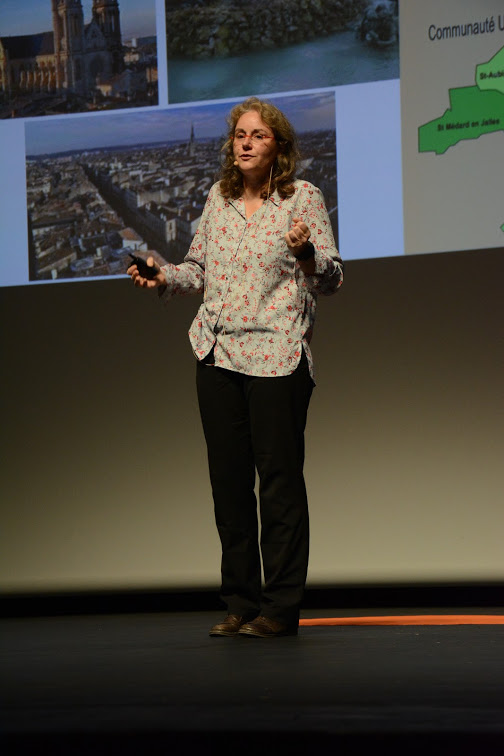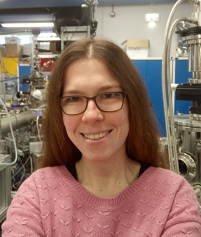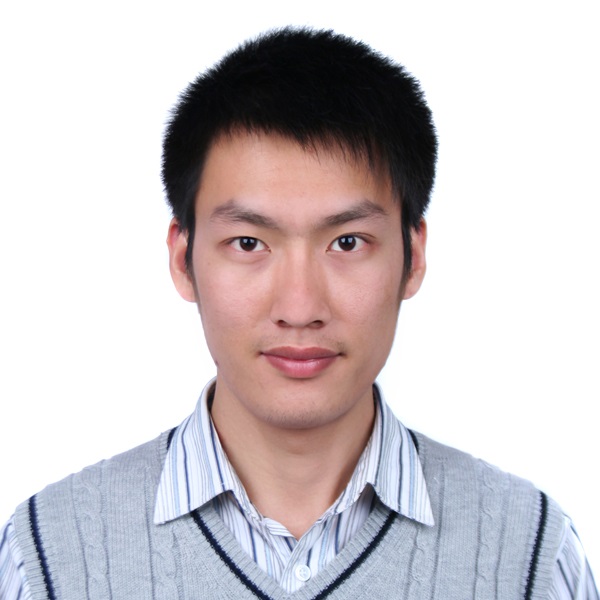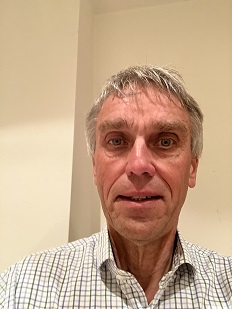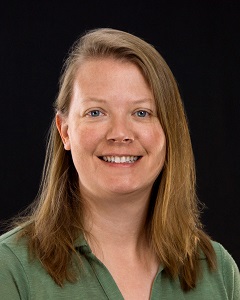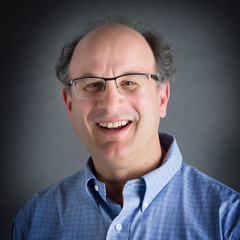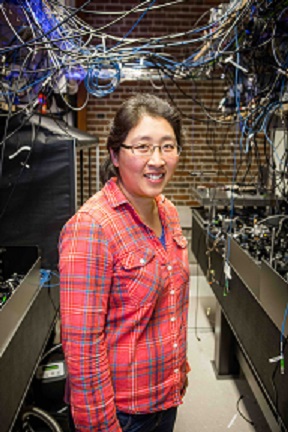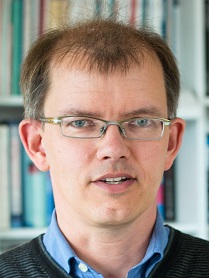Welcome
Join us in either Edinburgh or online in May 2024 for this edition of the Faraday Discussion series. The Faraday Discussions are unique international discussion meetings that address current and emerging topics at the forefront of the physical sciences.This meeting is for established and early-career scientists, postgraduate students and industrial researchers working on various aspects of molecular scattering. It will provide an ideal forum for cross-fertilisation of ideas and understanding between the distinct but adjacent communities working in this exciting field, as well as those in application areas who can benefit from and implement the results. On behalf of the organising committee, we look forward to welcoming you to Edinburgh, or if you are joining us virtually, online.
Ken McKendrick
Chair
Format
Faraday Discussions have a special format where primary research papers written by the speakers are distributed to all participants before the meeting, and most of the meeting is devoted to discussing the papers. All delegates at the meeting, not just speakers, have the opportunity to make comments, ask questions, or present complementary or contradictory measurements and calculations during the discussion sessions. In addition, there is a dedicated poster session where further discussion takes place. The research papers and a record of the discussion are published in the journal Faraday Discussions.Themes
The meeting will comprise four inter-related themes, covering all types of inelastic and reactive two-body collisions. The overall focus is on the growing capability to investigate collisions involving larger, more-complex systems than have previously been accessible to study. Small, typically three-atom, systems have been the established bedrock of molecular collision dynamics. The transition to systems of more practical interest involving greater complexity presents profound conceptual and practical challenges to the established ‘state-to-state’ philosophy. Improved experimental and theoretical capabilities enable the study of scattering systems more typical of real-world applications, and also offer the ability to probe processes in extreme environments. However, many of these approaches are still able to exploit the benefits of quantum-state preparation, stereochemical control of reactants, and detailed characterisation of products typical of studies in smaller systems. Looking beyond the conventional near-thermal regime, studies at successively lower translational energies have emerged as a major topical area, and there is also increasing interest in studying processes at very high collision energies, typical of ionised systems. The shift in focus towards more complex systems also applies to collisions of gas-phase molecules with condensed-phase surfaces. Such collisions are widespread in diverse environments extending from atmospheric chemistry, through heterogeneous catalysis, to biological respiration, but despite their obvious applicability they have been much less well studied than bimolecular collisions in the gas phase.Manipulation and control of translational energy or stereochemistry of collision partners
This session will explore key challenges in applying existing experimental and theoretical methods to a wider range of collision systems, going beyond the existing three-atom benchmarks. It will cover innovations in the use of control methods using different forms of physical interaction, and new, untested methods of control, such as coupling molecules to external quantized systems or by quantum entanglement.
Scattering in extreme environments
This session will focus on key challenges in: (i) overcoming the ‘technology-driven’ aspects of cold collisions, stemming from their origins in atomic physics, to produce cold molecular species of more widespread chemical interest; (ii) developing theoretical approaches capable of capturing uniquely quantum phenomena in very low-energy collisions; (iii) the efficient creation of neutral molecules with very high translational energies; (iv) the development of new tools to study the products of hyperthermal molecule-molecule, ion-molecule, or electron-molecule collisions, or collisions of internally highly excited molecules; and (v) the development of theoretical methods to generate accurate, non-adiabatically coupled potential energy surfaces and carry out scattering calculations on them at high energies where a large number of product channels are open.




